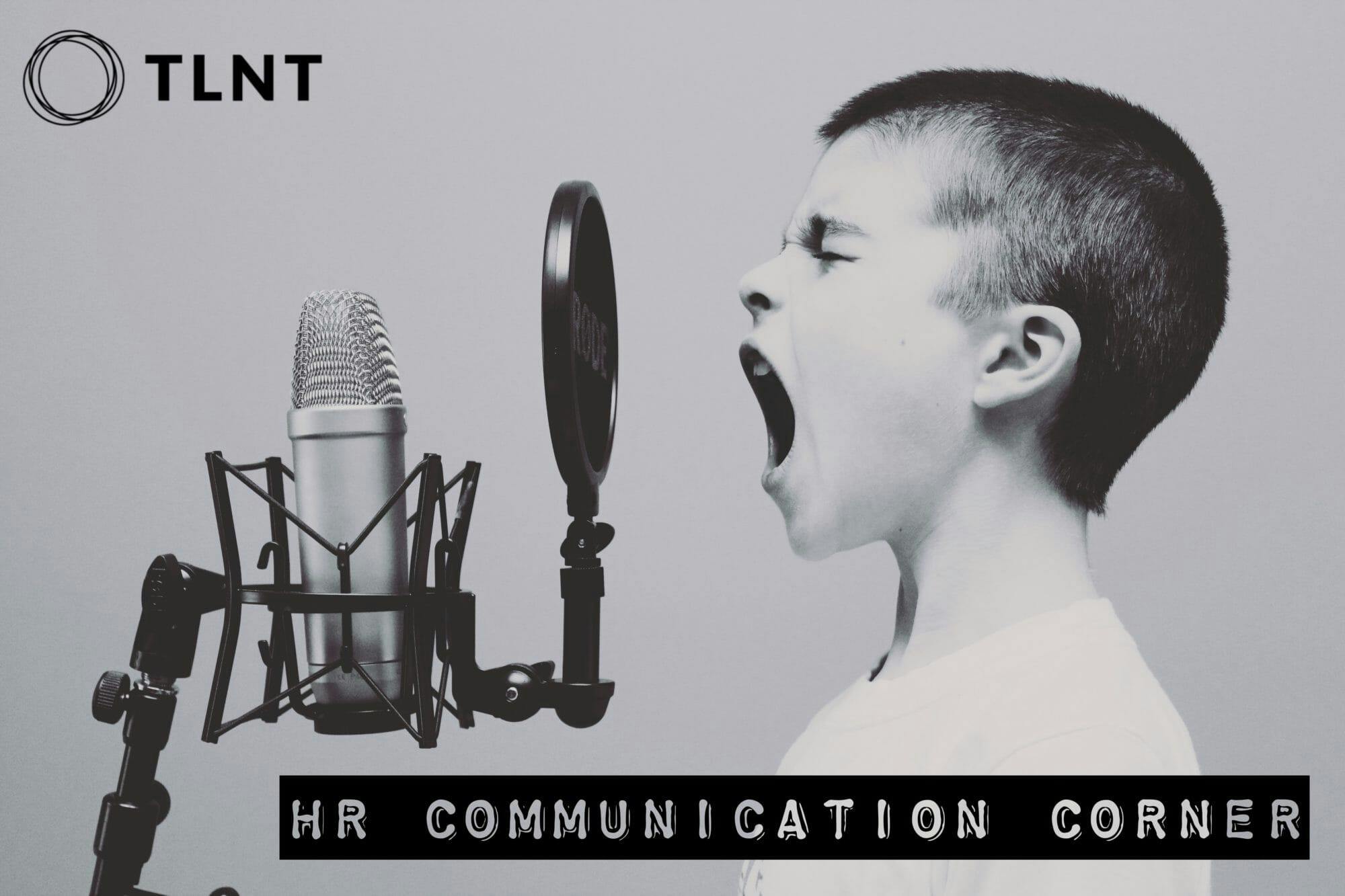Early in my writing career, an executive assistant to the CEO of a large oil-tool company astounded me with her business acumen — and how she got it. More than three decades later, I still remember that interview. She told me she was earning a hefty six-figure salary (without a college degree) and explained how she became so valuable to her employer.
Her secret? What she called “little lessons.”
She went on to talk about how she acquired her vast knowledge of the oil-and-gas industry and business in general: For example, when her boss was about to negotiate a big contract, he’d call her in to listen to a phone call so she’d be informed to handle any follow-up details or communication in his absence. Afterward, if she didn’t completely understand the whys or wherefores of the deal, she’d catch her boss and ask if he had time for a “little lesson.” She had her questions ready.
She used the same routine when foreign dignitaries visited her boss to close a deal. Always fascinated with other cultures and customs, she kept the visitors entertained when her boss was held up for a meeting by asking them to tell her about their business, their role, their country.
And finally, she mentioned that in a spare moment or two, she’d often phone a contact in another department to “ask a few questions” about the why or how of some process, policy, or procedure.
Although I’ve long forgotten my interviewee’s name, I remember her “little lessons” secret, which I’ve come to call “mentoring moments” — to be initiated by either the learner or the explainer/boss.
Understand the Expectation for Personalized Career Development
Today’s employees expect personalized career development that fits their goals, aspirations, plans, and lifestyle. They expect their HR leaders to show interest in their career (beyond simply getting their current job done) and either coach or advise them on how to reach their potential.
In fact, more quickly than they leave a boring party, millennials will drop an employer when they see no career-growth opportunities. Study after study confirms that career development has become the cool calling card. It’s a powerful opening act to tease job-seekers to join your organization or team.
You know all this. You probably believe all this.
So what’s the problem? In a fast-paced, understaffed, deadline-driven, COVID-transformed world, developing team members frequently falls to the bottom of a leader’s to-do list. You and the supervisors you coach feel as though you have no time to think about what your employees consider “extra” benefits and needs.
But as a leader in your field, you know you need to keep bringing career conversations to the forefront with managers and individual team members. Doing so lets them know you’re interested in their development and in their long-term career advancement. Once-a-year performance appraisals (if you still have those) do not do the topic justice.
Make the Most of “Mentoring Moments”
You may not have an hour to devote to your managers or team members, but you can spare a minute or five. Then when the occasion arises, call or text that interested employee with an invitation to learn something new:
- “Would you like to join me on a conference call at two o’clock if you’re interested in learning what’s involved in X?”
- “Would you be available to step into my office for a few minutes? I’m about to sign a contract with Company X. Let me tell you how I arrived at that decision, so in the future when these things come up, you’ll have some background here.”
- “If you’re on your way to lunch, let’s walk together. I want to explain the politics with this supplier and how we need to adjust our approach.”
Individuals who get such invitations will understand that you are investing time — a “mentoring moment,” no matter how brief — in their career development.
Make Learning a Topic of Casual Conversations
A couple of friends of mine who are master networkers routinely ask at parties: “So what’s become clearer to you since the last time we talked?” That canned cocktail-party opening can easily be modified for “mentoring moments”: “What new learning opportunities have you been able to take advantage of since we last talked about your career?” Allow time in staff meetings occasionally (and with prior notice) for a few colleagues to mention a learning resource (blog, book, podcast, app, course) they have found helpful and would recommend to coworkers.
Later, follow-up with the team members to ask what they found useful in the resource.
These actions demonstrate interest in career development for the entire team and for specific individuals. Additionally, you’ll identify new resources to recommend to others, reinforce that team members are responsible for their own career development, and provide opportunities for memorable mentoring moments!
